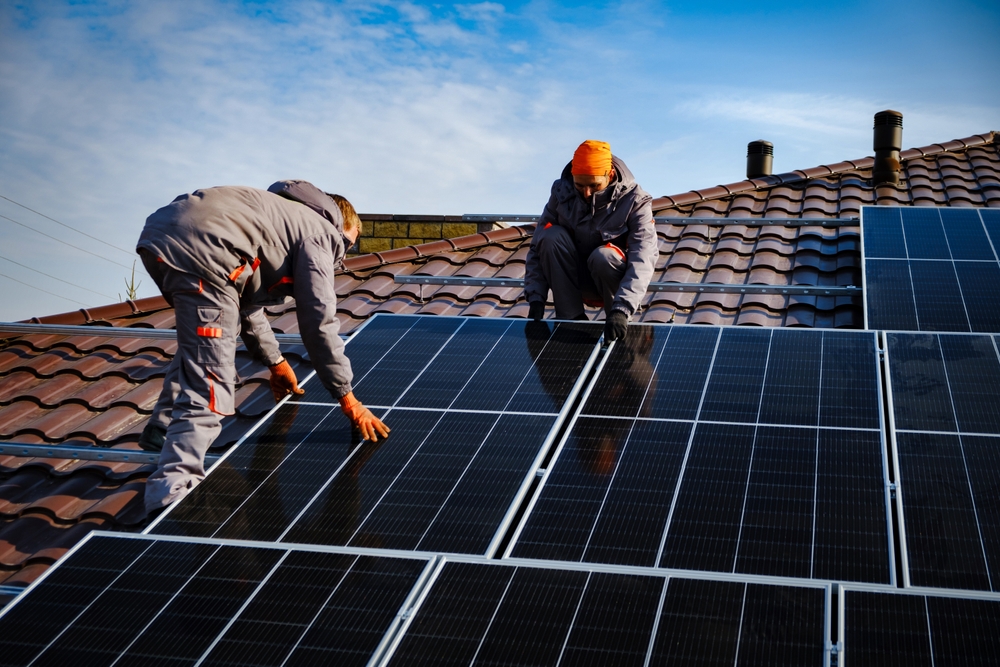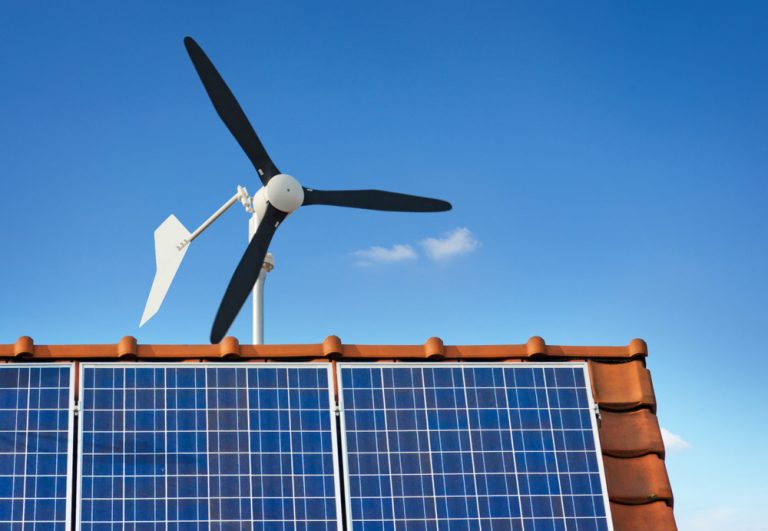In recent years, the term ‘energy independence’ has shifted from something that was the concern of national leaders to a personal concern for households across the UK. Whether prompted by rising fuel costs, global instability or climate change, more individuals are exploring how to take control of their energy consumption and generation. But energy independence isn’t achieved by just unplugging from the grid. It requires building a more resilient and self-reliant future, both at home and for the broader economy.
From Utility Bills to Energy Autonomy
For most UK households, energy use has traditionally followed a simple model: you pay a supplier for electricity and gas, hoping prices remain predictable. But as energy costs have surged in the past few years, many homeowners and tenants have begun asking a different question – not ‘how much am I using?’ but ‘how can I reduce my reliance?’
Energy independence starts with awareness and leads to action. From switching to high-efficiency appliances to improving home insulation, there are many ways to reduce dependence on national energy networks. However, one of the most transformative options lies in generating your own energy, often through renewable sources like solar panels.
While fully going off-grid remains impractical for many, hybrid models are gaining popularity. Households that generate a portion of their electricity through solar systems, battery storage, or micro wind turbines are already experiencing lower utility bills, improved energy security and a sense of control. This shift is good for the wallet, but it also contributes to a wider national goal of diversifying energy sources.
Household Shifts, National Impacts
When individual households embrace energy independence, the cumulative effect can have a significant economic impact. The UK energy grid, while modern, remains vulnerable to price volatility tied to global markets and geopolitical tensions. Reducing demand on the grid through decentralised generation and storage eases pressure on national infrastructure and provides a buffer during peak demand or international supply disruptions.
More importantly, the adoption of domestic renewable systems stimulates local economies. The demand for skilled labour in areas such as energy auditing, electrical installation and renewable technology servicing is on the rise. As more homes opt for energy upgrades, these services will form a key part of a new green economy. As a whole, we’ll be less reliant on fossil fuels and more rooted in local, long-term sustainability.
Crucially, this trend encourages innovation. Companies that support or enable energy independence are driving research, investment and competition. The knock-on effect is a more dynamic UK economy that is actively moving toward a low-carbon future.
The Role of Technology

Technology is the quiet enabler behind the energy independence movement. Smart meters, AI-powered energy management apps and high-efficiency solar inverters are helping households monitor and optimise their energy use like never before. These systems not only help reduce consumption, but also give homeowners real-time insights into how and when they use energy.
However, hardware alone isn’t enough. Whether it’s setting up battery storage systems or integrating solar panels into existing roofs, experienced and accredited professionals are key to getting the most out of home energy projects. That’s where trusted solar panel installation companies come in. Working with experts ensures that systems are correctly sized, efficiently installed and compliant with UK energy regulations. It also gives homeowners confidence that their investment will pay off in the long run through performance, reliability and savings.
A More Resilient Future
As the UK navigates the complex terrain of climate change, economic uncertainty, and evolving energy policies, the idea of decentralised energy is now a tantalising possibility. By taking small, practical steps toward energy independence, households can protect themselves from price spikes, reduce their carbon footprint and contribute to a wider transformation that benefits everyone.
At the national level, encouraging domestic energy production reduces dependency on imports, supports the country’s net-zero targets and creates thousands of green jobs. At the personal level, it empowers individuals to become active participants in the energy ecosystem rather than passive consumers. The sooner we embrace that shift, the stronger our homes, and our economy, will be.


